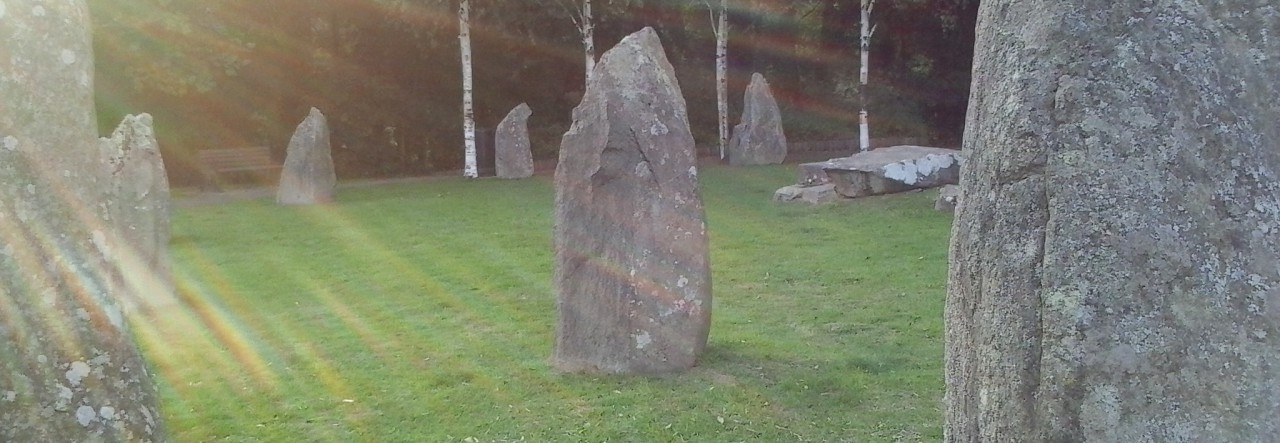The Symbiotic Planet:
A New Look at Evolution by Lynn Margolis.
Basic Books, 1998.
I’m a sucker for popular science books. As a minor member of one of C P Snow’s Two Cultures, I am respectful of but in no way conversant with the scientific mind (and even less so with technology), so popular science writings are my way of consuming regurgitated scientific principles without too much indigestion. (Too many mixed metaphors, methinks.)
Lynn Margulis is a celebrated microbiologist who has, by all accounts, done sterling work on the relationships between bacteria, fungi, plants and animals. Her main contribution to science is her endosymbiotic theory, which postulates that over millions of years organisms have often absorbed or been absorbed by others, developing and evolving into new organisms (I think I have that right). For example, human cells have long been known to include bacterial relics such as mitochondria, which among other attributes process oxygen and provide the energy that keeps us going, and without which we would certainly not have evolved to be here.
The Symbiotic Planet goes further than that however and suggests links with James Lovelock’s Gaia hypothesis. Gaia, so beloved by some mystics, feminists and romantics, is actually the name currently given to the processes that help to regulate the planetary eco-systems that sustain life in its myriad forms, not some anthropomorphised goddess that needs worshipping (as would have happened in the classical period).
Continue reading “Passion, poetry and … biology”
